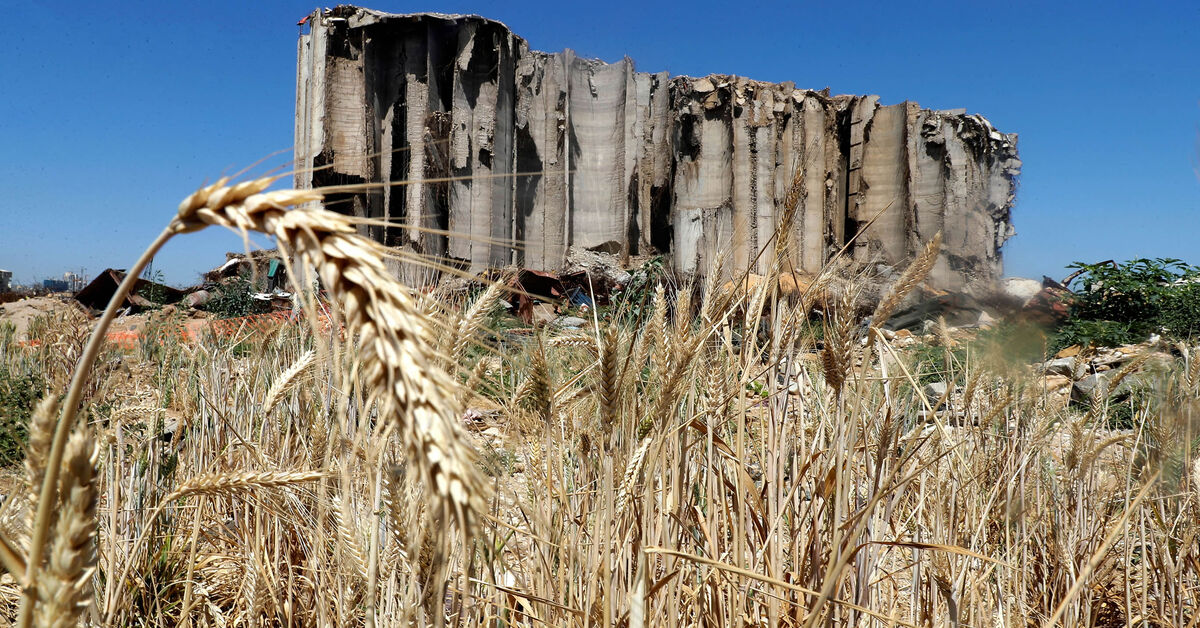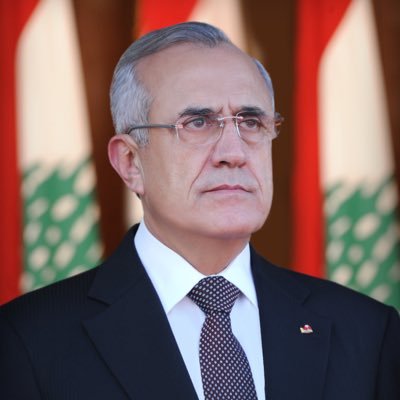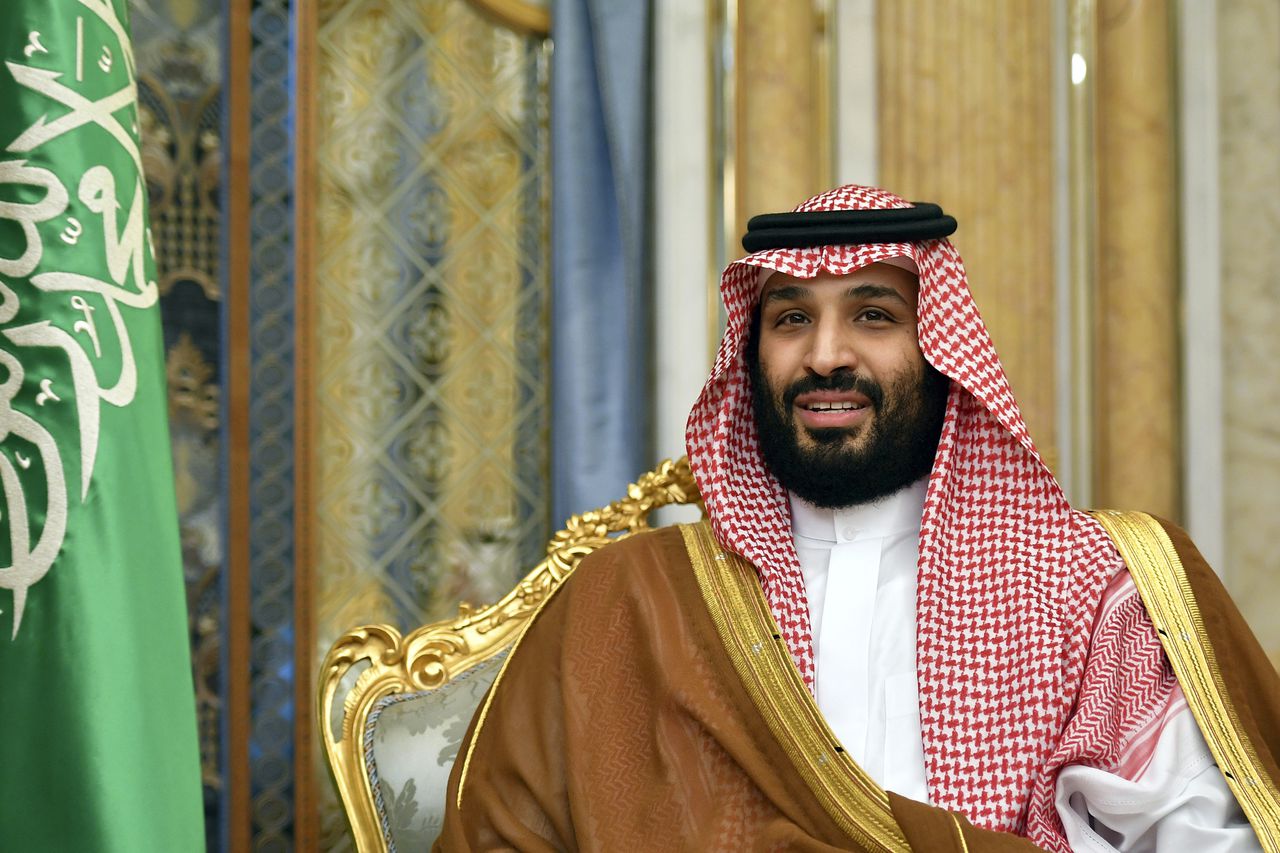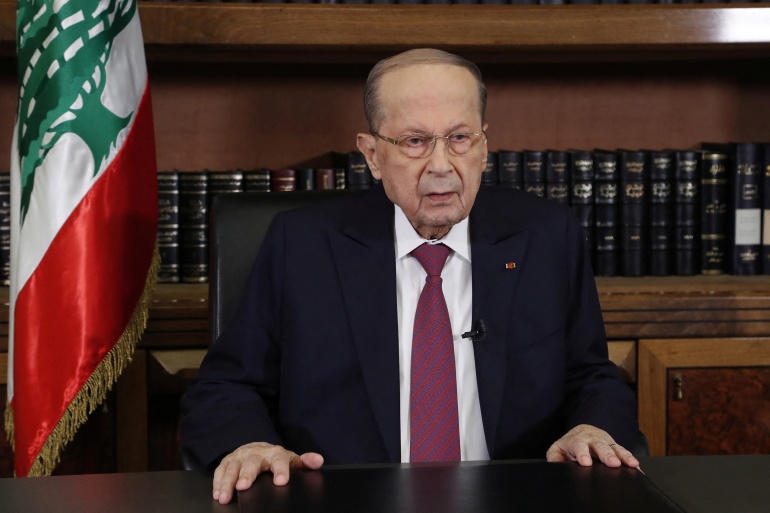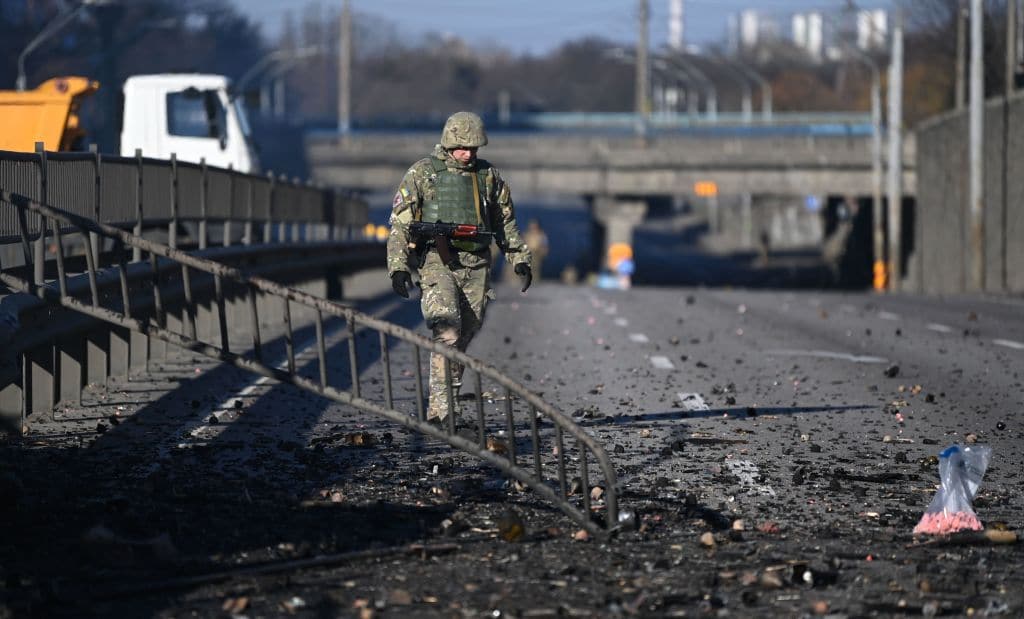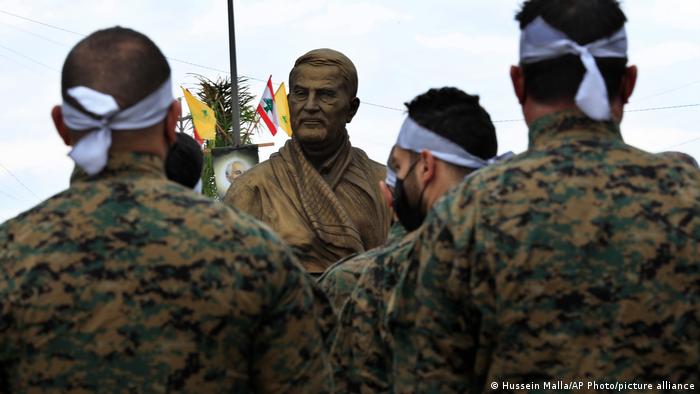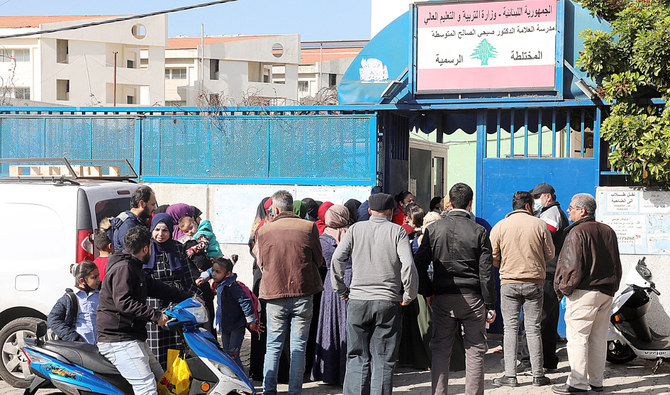
by arabnews.com — Najia Houssari — BEIRUT: More than 500 candidates, including 69 women, have applied to contest Lebanese parliamentary elections on May 15, with the country’s Ministry of Interior expecting the number to rise dramatically before the midnight deadline on Tuesday. A total of 517 candidates had submitted applications by late Friday. The 2018 elections were contested by 976 candidates, including 113 women, but the number fell after the closure of registrations. As a result, 597 candidates, including 86 women, continued in 77 lists across Lebanese constituencies. The outlook of this year’s election will become clearer after the completion of electoral lists on April 4. Voters will head to the polls on May 15, with candidates competing for the country’s 128 parliamentary seats across 15 electoral districts. A number of the main parties will officially announce their candidates on Monday.
Speaker Nabih Berri will reveal his candidates, including current MPs and defendants in the Beirut Port explosion hearings, at a press conference. The Free Patriotic Movement announced its candidates during its seventh annual conference on Sunday. In an address, the party’s leader, Gebran Bassil, attacked his political opponents, including the March 14 Alliance and the civil movement, which he called “a false revolution,” adding that “they will fall.” Bassil defended Hezbollah and said that its partnership with the FPM in the electoral lists, to be formed later, “is not a program partnership, but a process of integrating votes.” Hezbollah seeks to ensure that the FPM reaches parliamentary seats with the least possible losses. Hezbollah officials have said: “Whoever fails the Amal Movement and Hezbollah is a partner in the largest regional and international attack that wants to destroy Hezbollah, which protects Lebanon.”

